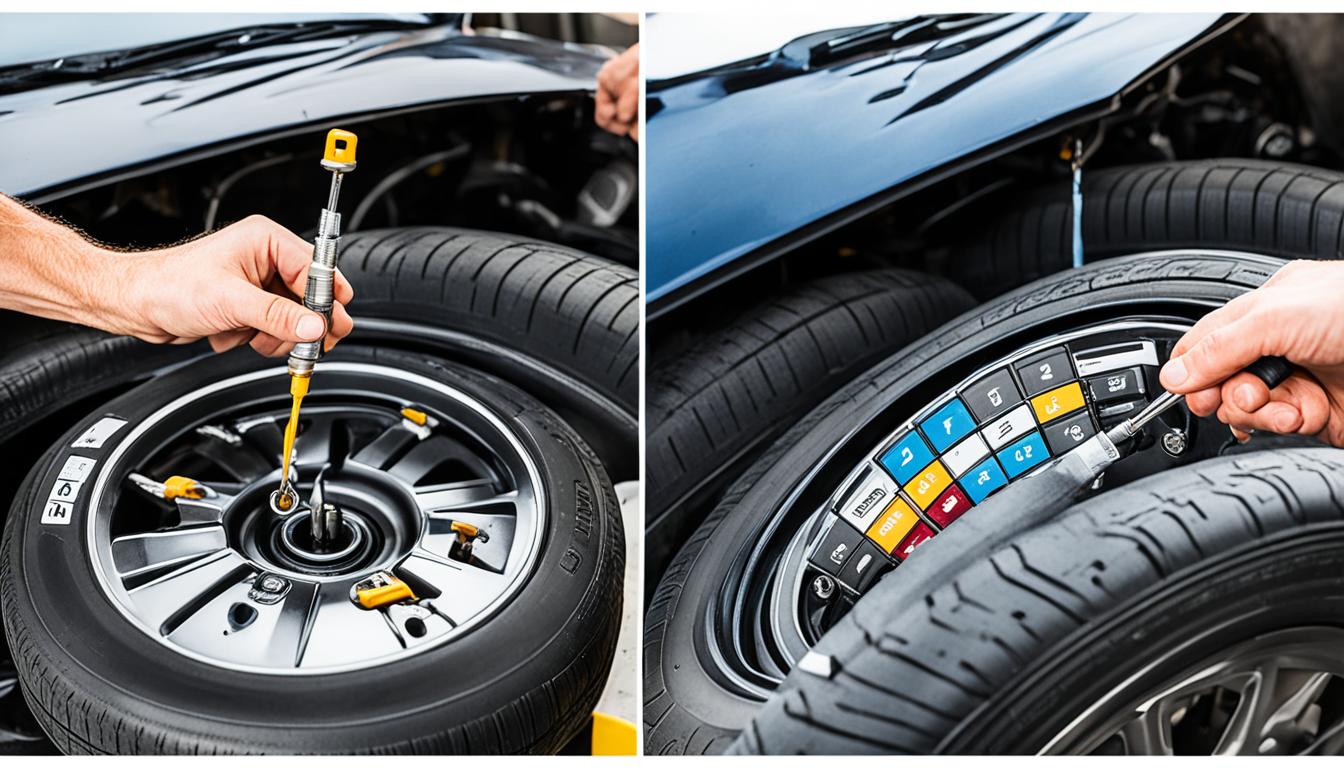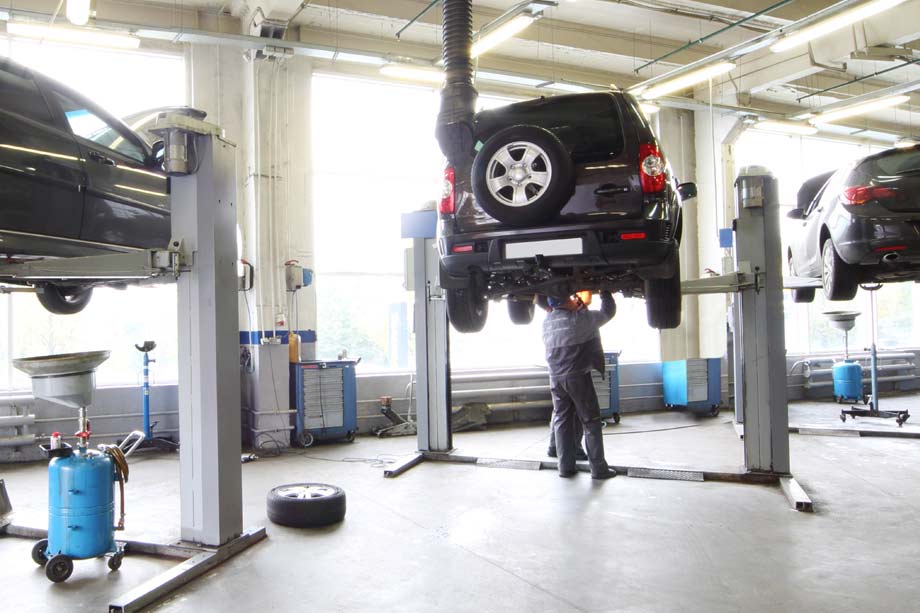All Categories
Featured
A vehicle overheating can be a difficult situation, particularly if it takes place suddenly. High engine temperature levels can bring about extreme damages otherwise attended to immediately. Recognizing what to do when your car overheats and recognizing exactly how to stop it can save you from pricey repair services and guarantee your safety when driving.
![]()
What to Do If Your Auto Overheats. Draw Over Securely. As soon as you discover signs of getting too hot-- such as heavy steam rising from the hood, an increasing temperature scale, or advising lights-- draw over to a risk-free location. Transform off the engine immediately to stop more damage.
Shut Off the AC and Turn On the Heating unit. Transform off the air conditioning to minimize engine lots and switch on the heater if you're not able to pull over right away. This reroutes warm far from the engine and into the cabin, which can aid lower the engine temperature level briefly.
Open the Hood (with Care) Wait for the engine to cool prior to opening up the hood. Opening it prematurely can subject you to hot heavy steam or warm liquids. Once it's risk-free, evaluate the engine for evident indications of trouble, such as dripping coolant or a damaged radiator hose pipe.
Examine the Coolant Levels. Add it to the reservoir or radiator once the engine has actually cooled down if you have coolant or water in your vehicle. Prevent including chilly water to a warm radiator, as it can create splitting.
![]()
Call for Help. Call a tow vehicle or roadside assistance if you're unable to diagnose or fix the issue. Driving with an overheated engine can cause considerable damage, such as a blown head gasket or distorted engine parts.
Exactly How to avoid Your Auto from Overheating. Inspect Coolant Levels On A Regular Basis. Guarantee your vehicle constantly has the proper quantity of coolant. Low coolant levels are one of one of the most usual sources of overheating. Frequently check the coolant storage tank and top it off if needed.
Evaluate Radiator and Hose Pipes. Try to find splits, leaks, or loose links in the radiator and hose pipes. Change any kind of broken components immediately to avoid coolant leaks.
Maintain Your Cooling System. Flush and refill the air conditioning system as advised in your car's owner handbook. Gradually, old coolant can shed its performance and fall short to secure the engine from overheating.
Monitor the Thermostat and Water Pump. A defective thermostat or water pump can interrupt the cooling system's feature. Have actually these elements evaluated during routine maintenance to catch concerns early.
Avoid Straining Your Lorry. Excessive weight puts extra strain on the engine and cooling system. Keep your tons within the manufacturer's advised limitations.
Watch the Temperature Level Gauge. Pay interest to your temperature level scale, especially throughout warm weather or when increasing steep inclines. If the gauge starts to climb, take precautions such as decreasing rate or shutting off the AC.
Verdict. Acting rapidly and safely can prevent additional damage to your engine. With appropriate care, you can keep your engine running efficiently and avoid the hassle of an overheated lorry.

What to Do If Your Auto Overheats. Draw Over Securely. As soon as you discover signs of getting too hot-- such as heavy steam rising from the hood, an increasing temperature scale, or advising lights-- draw over to a risk-free location. Transform off the engine immediately to stop more damage.
Shut Off the AC and Turn On the Heating unit. Transform off the air conditioning to minimize engine lots and switch on the heater if you're not able to pull over right away. This reroutes warm far from the engine and into the cabin, which can aid lower the engine temperature level briefly.
Open the Hood (with Care) Wait for the engine to cool prior to opening up the hood. Opening it prematurely can subject you to hot heavy steam or warm liquids. Once it's risk-free, evaluate the engine for evident indications of trouble, such as dripping coolant or a damaged radiator hose pipe.
Examine the Coolant Levels. Add it to the reservoir or radiator once the engine has actually cooled down if you have coolant or water in your vehicle. Prevent including chilly water to a warm radiator, as it can create splitting.

Call for Help. Call a tow vehicle or roadside assistance if you're unable to diagnose or fix the issue. Driving with an overheated engine can cause considerable damage, such as a blown head gasket or distorted engine parts.
Exactly How to avoid Your Auto from Overheating. Inspect Coolant Levels On A Regular Basis. Guarantee your vehicle constantly has the proper quantity of coolant. Low coolant levels are one of one of the most usual sources of overheating. Frequently check the coolant storage tank and top it off if needed.
Evaluate Radiator and Hose Pipes. Try to find splits, leaks, or loose links in the radiator and hose pipes. Change any kind of broken components immediately to avoid coolant leaks.
Maintain Your Cooling System. Flush and refill the air conditioning system as advised in your car's owner handbook. Gradually, old coolant can shed its performance and fall short to secure the engine from overheating.
Monitor the Thermostat and Water Pump. A defective thermostat or water pump can interrupt the cooling system's feature. Have actually these elements evaluated during routine maintenance to catch concerns early.
Avoid Straining Your Lorry. Excessive weight puts extra strain on the engine and cooling system. Keep your tons within the manufacturer's advised limitations.
Watch the Temperature Level Gauge. Pay interest to your temperature level scale, especially throughout warm weather or when increasing steep inclines. If the gauge starts to climb, take precautions such as decreasing rate or shutting off the AC.
Verdict. Acting rapidly and safely can prevent additional damage to your engine. With appropriate care, you can keep your engine running efficiently and avoid the hassle of an overheated lorry.
Latest Posts
NAPA AutoCare Certified: Rely on Montclare Auto Repair for Top-Tier Repairs
Published Apr 20, 25
2 min read
Montclare Auto Repair: The Trusted Choice for Dependable Repair Solutions
Published Apr 20, 25
2 min read
Comprehensive Auto Care at Montclare Auto Repair - See Our Offerings
Published Apr 20, 25
2 min read
More
Latest Posts
NAPA AutoCare Certified: Rely on Montclare Auto Repair for Top-Tier Repairs
Published Apr 20, 25
2 min read
Montclare Auto Repair: The Trusted Choice for Dependable Repair Solutions
Published Apr 20, 25
2 min read
Comprehensive Auto Care at Montclare Auto Repair - See Our Offerings
Published Apr 20, 25
2 min read